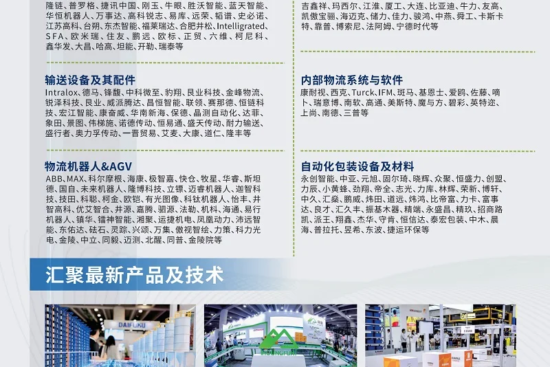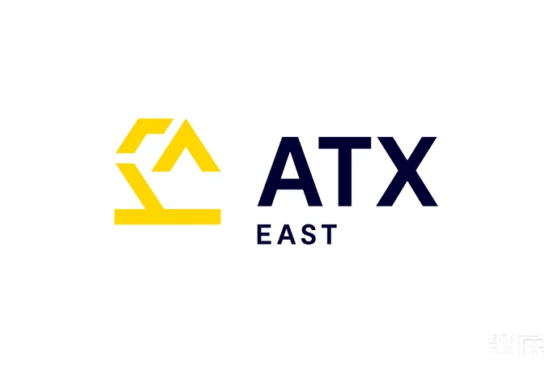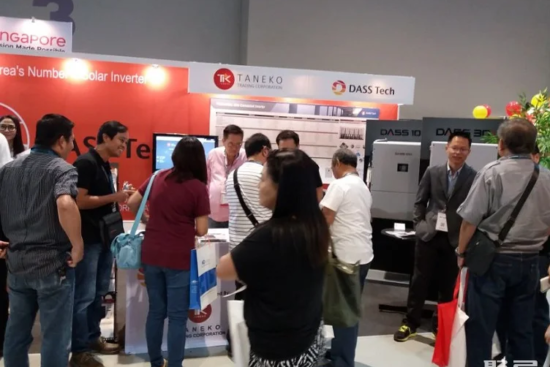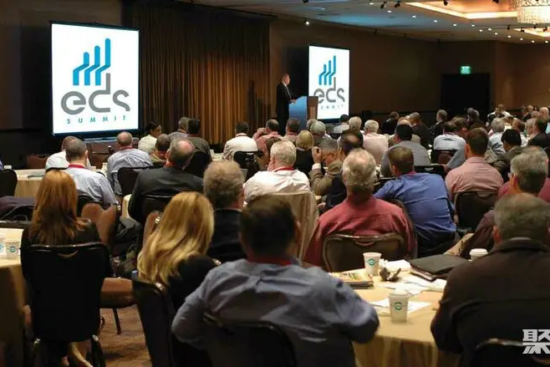
Customer Question:
Why can’t I sell FOB or FCA from South Africa?
answer:
In 2014, the VAT export incentive scheme was replaced by Export Regulation R.316. This regulation is divided into several parts.
Part II of the regulations outlines Indirect exporti.e. export by a carrier designated and paid by a qualified purchaser (buyer), while the SA supplier chooses to supply at zero interest, with the risk borne by the supplier.
This part is divided into two subsections (A and B), which respectively cover air and sea Indirect export (A) Different from the regulations applicable to roads and railways Indirect export (B).
By 2014, Customs had identified all road and rail Indirect export The requirement for a qualifying purchaser to register with the South African Revenue Service as an exporter and to act in that capacity is set out in Part IIB of the VAT Export Regulations.
However, Part II.A deals with Indirect export The Sea and Air Freight Exporters Authority has remained silent on the issue, instructing suppliers to keep the documents required by customs but without giving guidance on who has to act as the exporter of these documents.
The South African Revenue Service subsequently clarified this position in 2021, confirming that:
Quote “…the following persons must register as exporters and make relevant declarations in relation to exports:
Direct export – Supplier who ships or delivers the goods to the exporting country
Indirect export – Qualified Purchaser (I emphasize)
Therefore, the correct person must be reflected as the “Exporter” on the SAD 500 to comply with the provisions of the Customs and Excise Act and the relevant documentary requirements contained in (Explanatory Note) 30 and the Export Regulations…” End quote.
Therefore, for all forms of transport, the SA supplier’s exporter code must not be used Indirect exportAlternatively, the SA supplier’s exporter code can only be used for Direct export.
Incoterms, each rule prefixed with F means that the buyer nominates and pays the carrier.
For SA suppliers, this model will be Indirect export (one Direct export The SA seller specifies and pays the carrier).
But in sales beginning with F, the seller bears the obligation to pay the risks and costs of export customs clearance.
How they achieve this has not been stated, so it cannot be assumed that the seller will directly assume this role, but it is clear that the buyer will not.
Therefore, in the unmodified F-prefix sales ( Indirect export For VAT purposes, the buyer (qualified purchaser for VAT purposes) never acts as the exporter of record (for customs purposes).
However, instructions from the South African Revenue Service (Customs and VAT) are that for all Indirect export (regardless of the applicable VAT rate) The qualifying purchaser must be the exporter of record (as per the SARS VAT Connect extract cited above.)
In simple terms, the exporter must pay the freight to the carrier – whoever pays the freight to the carrier is the exporter.
Therefore, supplies prefixed with F will never comply with South African customs regulations and, if not with that legislation, will never comply with VAT laws and regulations.
Regardless of the applicable VAT rate and regardless of the mode of transport, the SA supplier’s exporter code can only be used on Direct export Model.
Apparently many sellers/suppliers/exporters in South Africa ignore the law and sell on FCA, FAS and FOB terms, providing the buyer’s carrier with their exporter’s code and/or signing the carrier’s clearance or shipping instructions.
It is also evident that the South African Revenue Service does not appear to be enforcing the provision, nor is it penalising exporters or sellers for such non-compliance.
“Of course, I cannot speak for the South African Revenue Service, but I think this is because the offence is procedural, not financial. However, it is still an offence and may attract fines and penalties.”
However, considering that our country is R4.5 trillion in debt, I think it is only a matter of time before SARS discovers these irregularities and starts imposing fines and penalties.
Source: Freight Training











Leave a Reply Cancel reply
You must be logged in to post a comment.